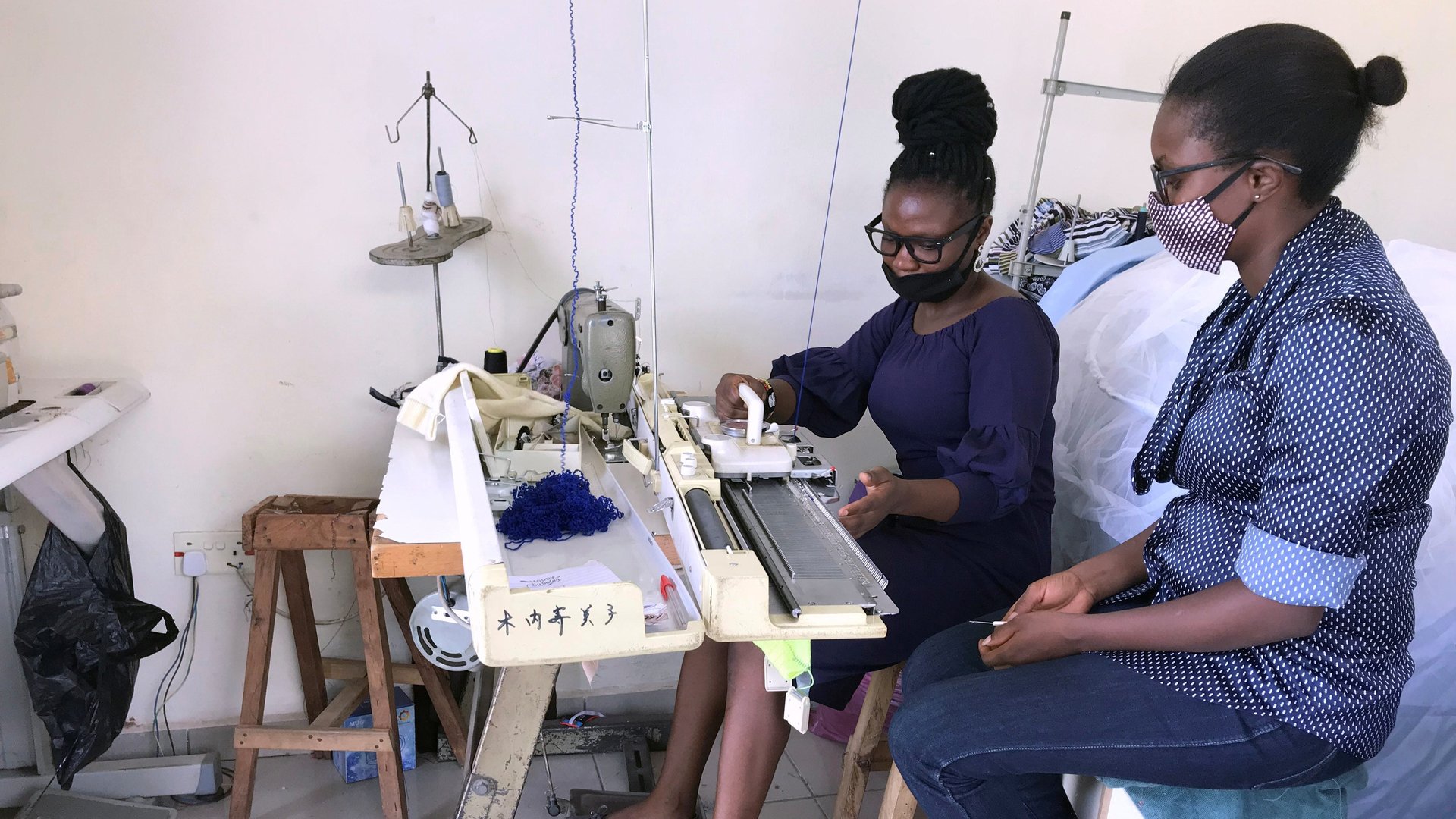Nigerian businesses lost a fifth of their staff during the pandemic
About 20% of full-time staff at formal and informal businesses in Nigeria lost their jobs in the heat of the Covid-19 pandemic in 2020.


About 20% of full-time staff at formal and informal businesses in Nigeria lost their jobs in the heat of the Covid-19 pandemic in 2020.
The startling figure is from a survey conducted by the United Nations Development Program (UNDP) in conjunction with the Nigerian Bureau of Statistics (NBS), who studied 2,964 businesses in every state in the country in order to understand the effect of the pandemic between the second and fourth quarters of the year.
Operational costs increased
The report does not give direct reasons why companies cut down on their workforces, but 59% of businesses said the costs of their operations were higher between April and December 2020 compared to the same period in 2019.
Operations costs went up due to increases in the price of raw materials, logistics and transportation, power generation, and the cost of workers’ welfare, the report said. More than a third of the businesses sampled said they knew other businesses that had to shut down permanently because of operational challenges.
Across all sectors from manufacturing and agriculture to financial services, more than 70% of businesses reported losing revenue during the pandemic, including every transportation company.
Hoping for a return to normalcy
The reported pandemic-induced job losses correspond closely to Nigeria’s unemployment rate, which stood at 29% by the second quarter of 2020. The most recent figure is 33%, from March, when the NBS last published labor statistics. Only South Africa and Namibia have worse unemployment rates in Africa—and possibly the world—according to a Bloomberg tracker of 82 countries.
Despite the punishing effects of the pandemic, some businesses managed to expand operations through online marketing, and delivery services, according to the report. Some of those surveyed said they hoped that an improvement in fortunes in 2021 would enable them to rehire some of the staff they had to let go of last year.
“Now we are begging the government to help us,” said Alatu Ahubi, who has been a farmer for 20 years. “When this pandemic started I had to downsize my staff but I pray that everything goes back to what it used to be so I can call back my staff to resume their duties, thereby enabling them to feed and cater for their families.”
Sign up to the Quartz Africa Weekly Brief here for news and analysis on African business, tech, and innovation in your inbox.